Chatterbox Srl | Via Tempio 15 (front office via Tempio 27)
09127 - Cagliari (CA)
+39 070 773 8269
Easter holidays: closed 17th-28th April
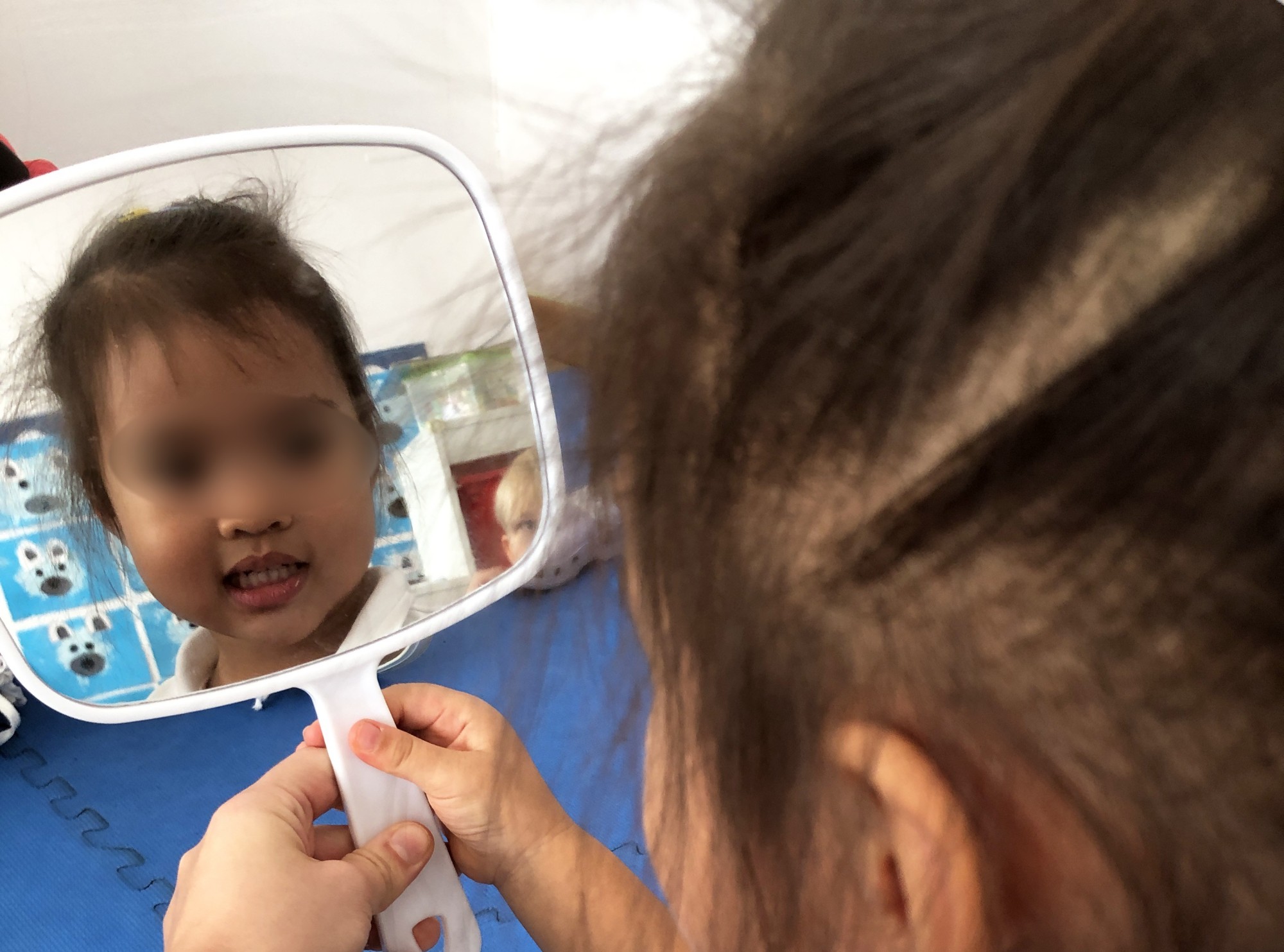
In playschool, every element of the environment can be transformed into an educational opportunity, and the mirror is no exception. It is highly valuable for fostering identity formation, stimulating self-esteem, and developing children’s social and cognitive skills.
Looking at themselves in the mirror allows children to recognize their own image, a fundamental step in building their identity. By comparing themselves to their reflection, young children begin to perceive themselves as unique individuals, separate from others. This process of self-discovery can be enhanced through guided activities: asking children to observe their facial expressions, mimic emotions, or describe what they see helps them solidify their self-awareness.
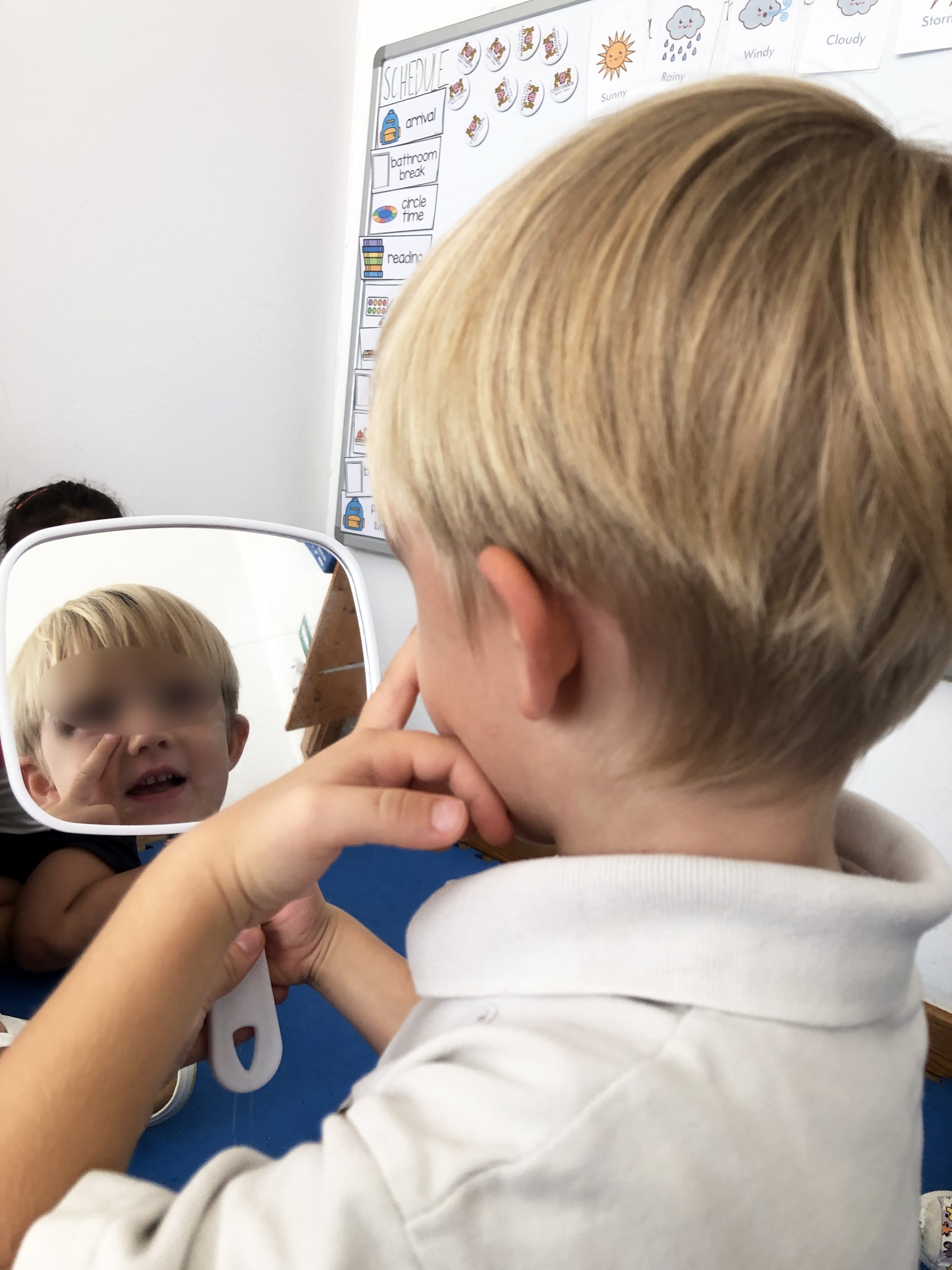
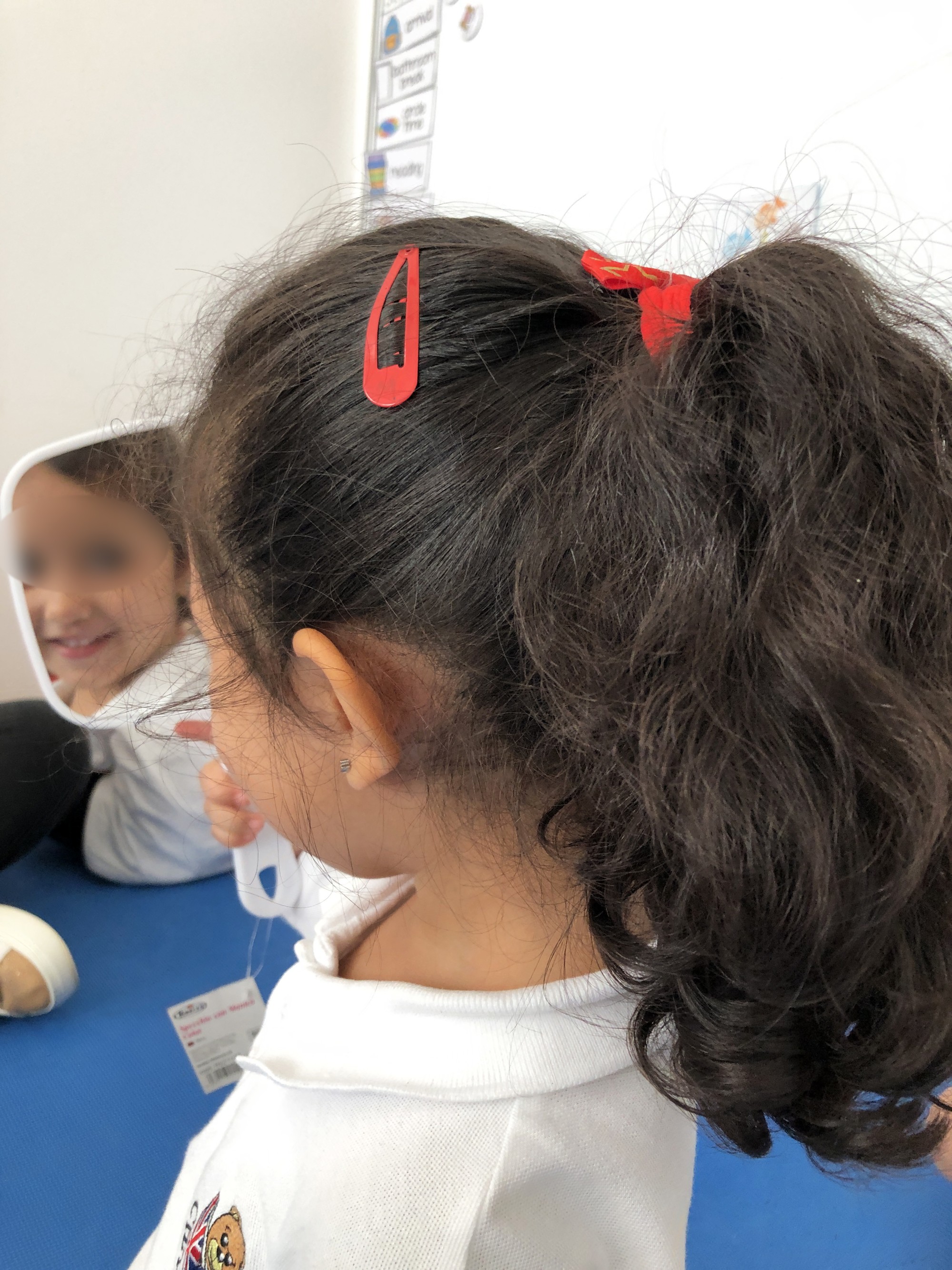
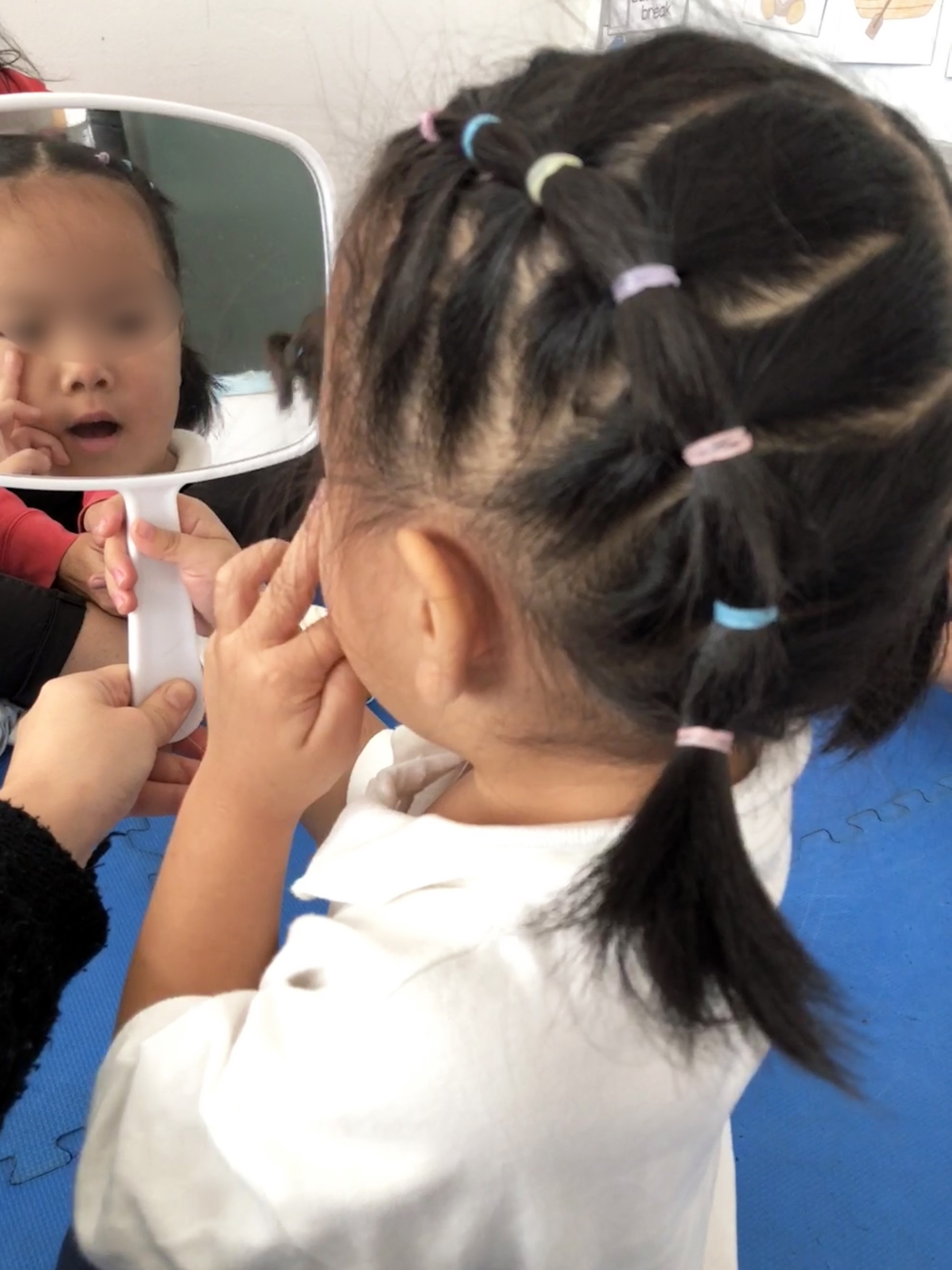
The mirror experience is also an opportunity to learn self-appreciation. Praising the unique features of each child’s face or encouraging them to explore their physical characteristics with curiosity strengthens their self-esteem. To stimulate this aspect further, the use of the mirror can be complemented with creative activities, such as painting or drawing a self-portrait while looking at their reflection. These activities help children develop a positive self-image and value their individuality.
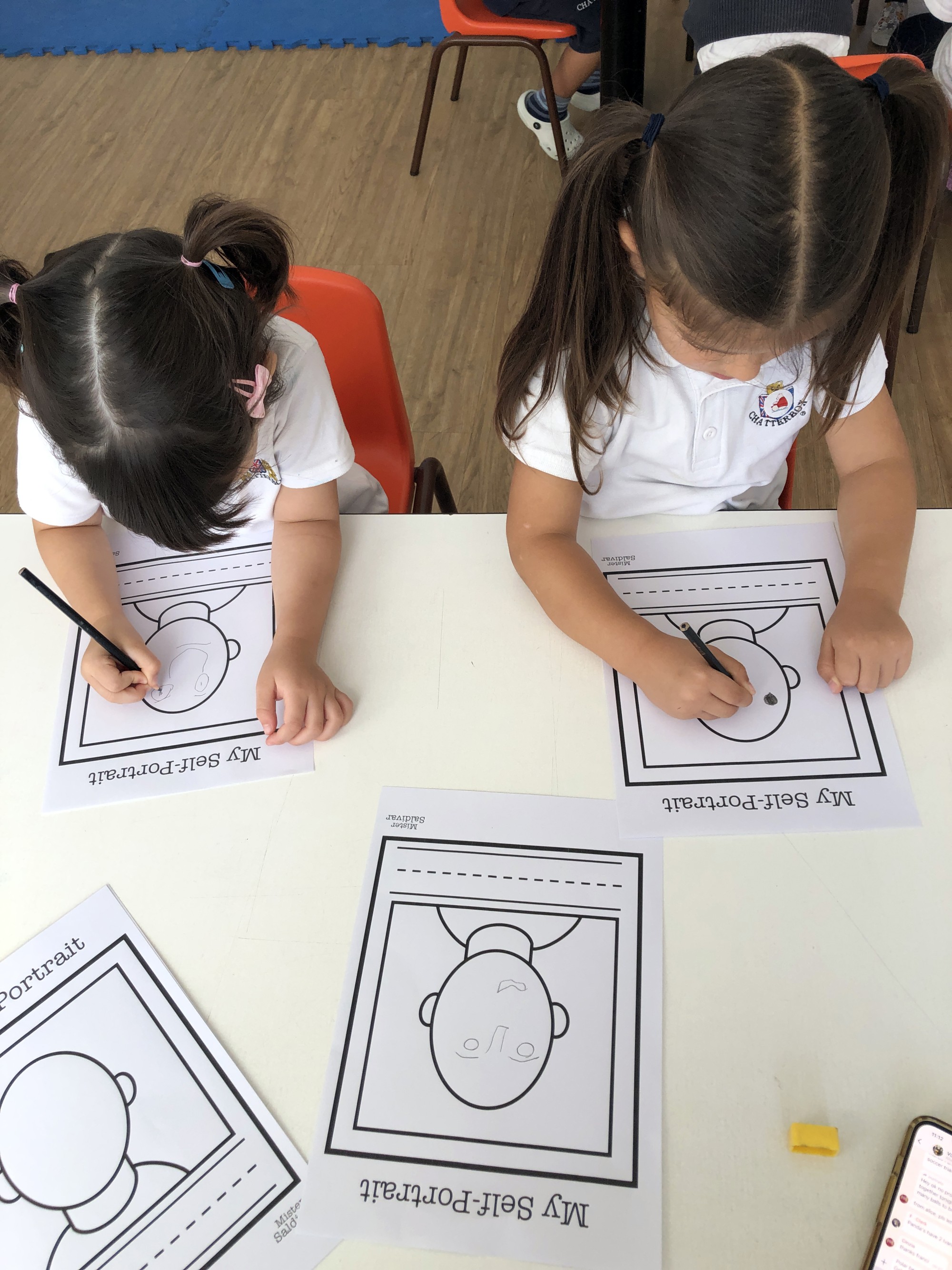
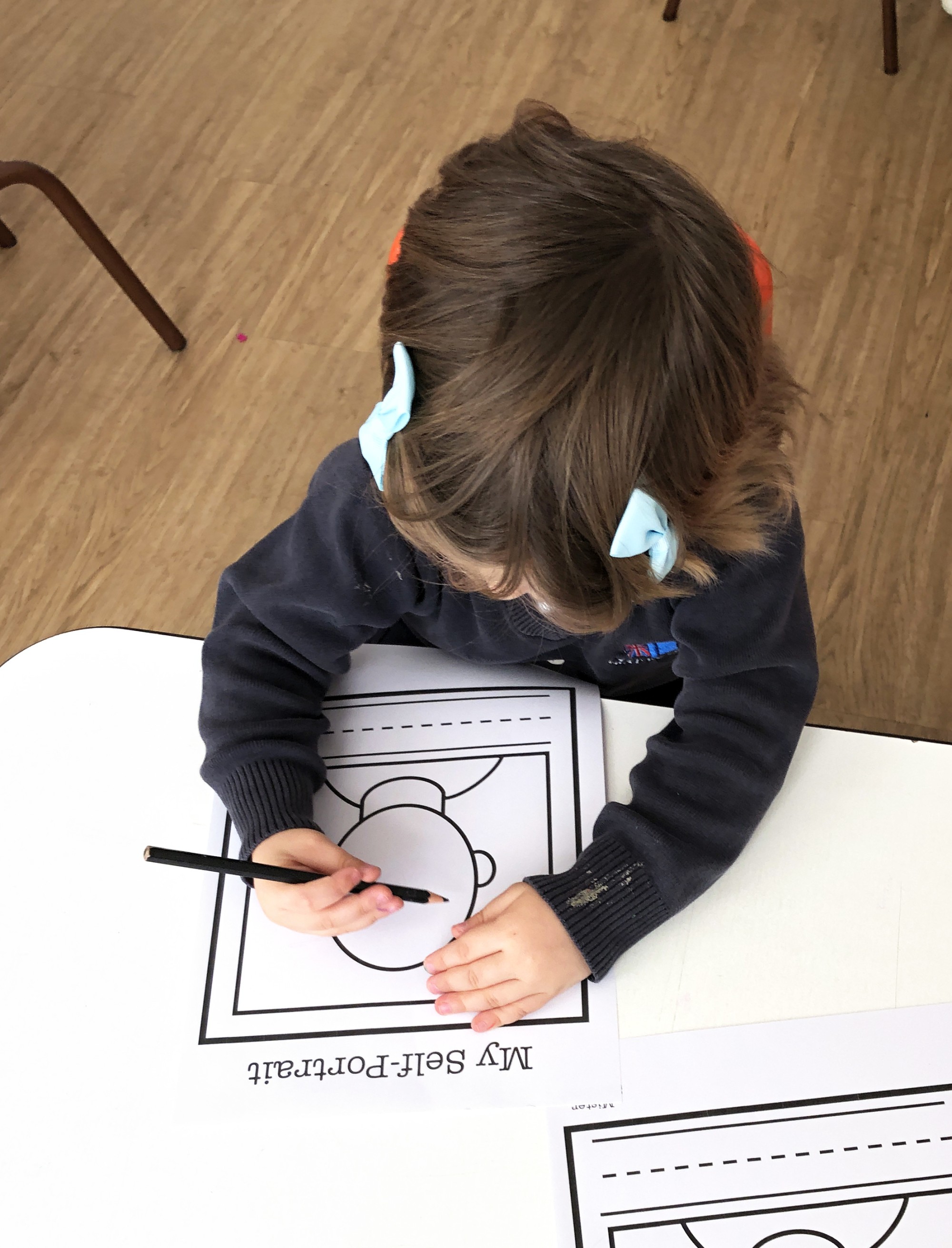
In addition to supporting identity and self-esteem, the mirror stimulates other areas of learning, such as social development. Looking into a mirror in pairs or groups allows children to explore similarities and differences with their peers, promoting empathy and cooperation.
In this context, the mirror becomes not just an object but an effective tool that reflects—in every sense—the growth and potential of each child.